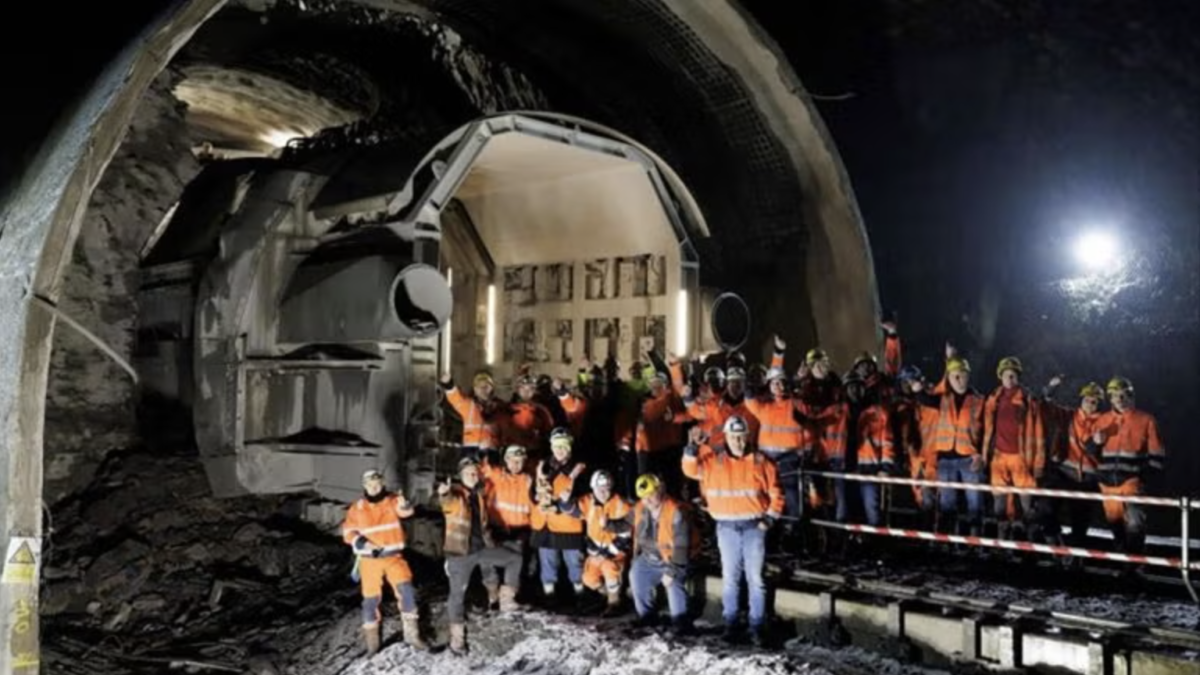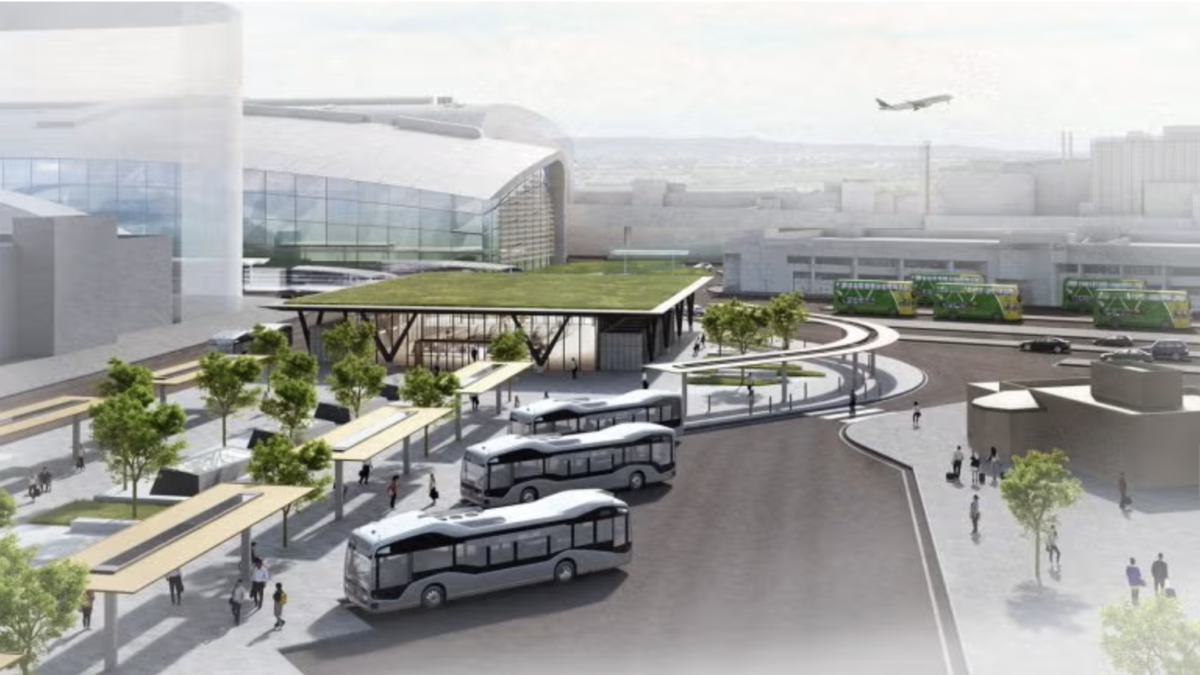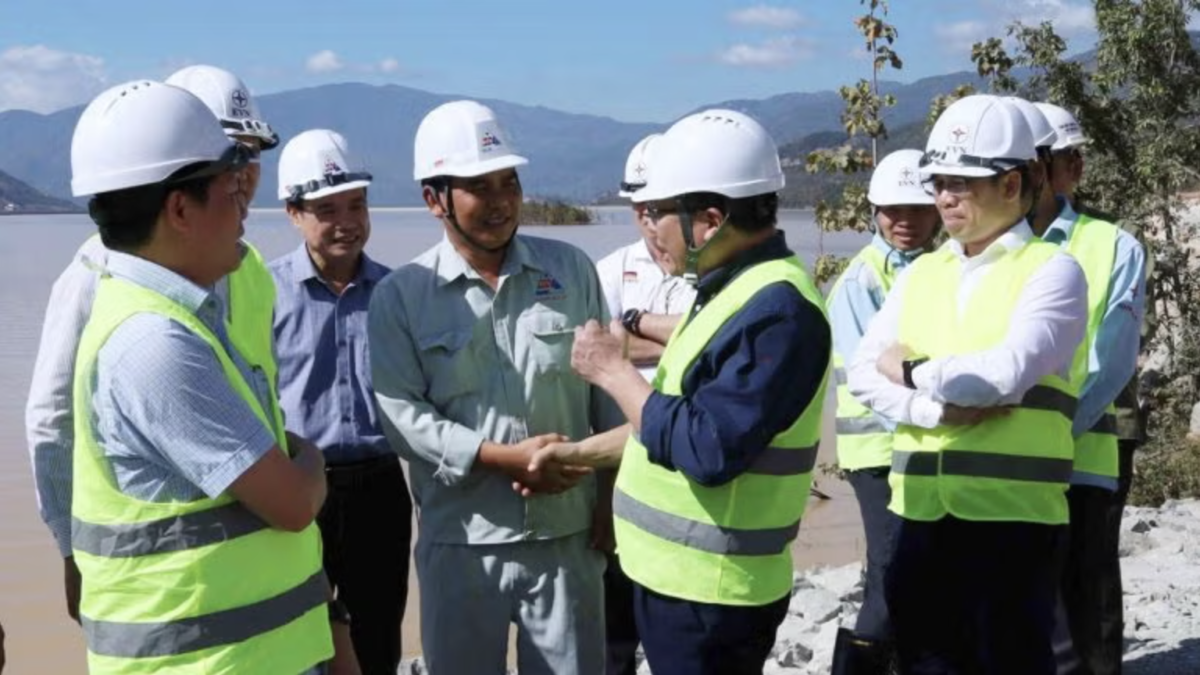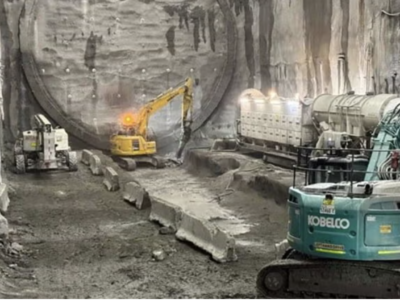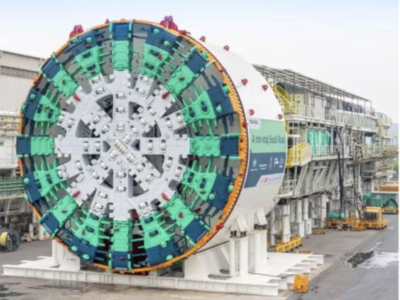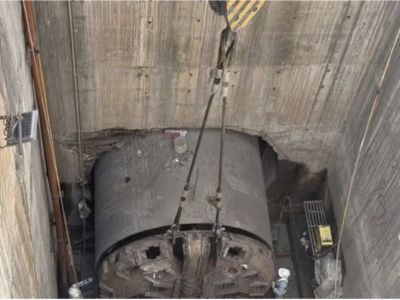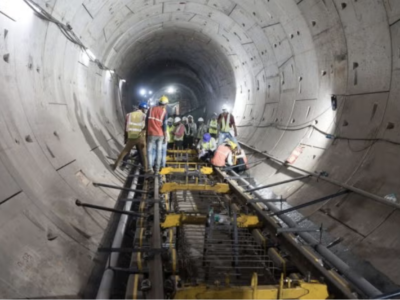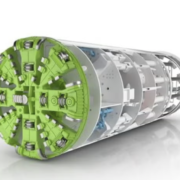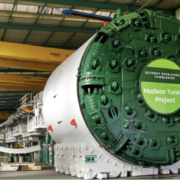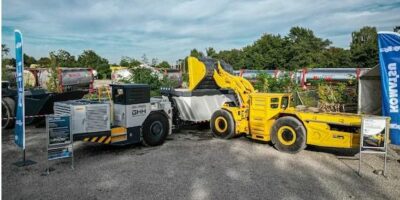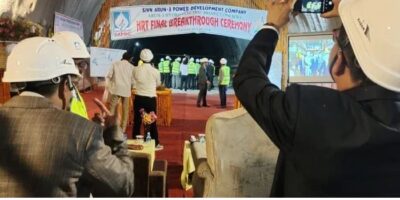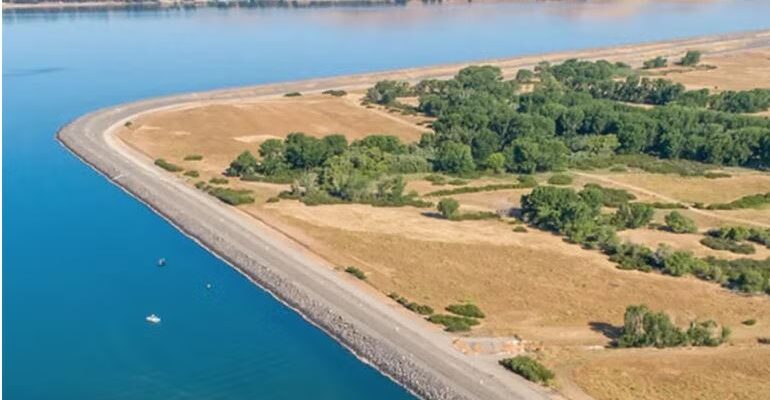
While advancing the planning of the proposed water tunnel in the Sacramento-San Joaquin River Delta, the boardof Southern California’s Metropolitan Water District has agreed US$142m additional funding.
With the aim of funding its share of environmental planning and pre-construction costs for the Delta Conveyance Project in 2026 and 2027, the 38-member board approved the money.
Increasing the long-term reliability of the State Water Project as well as making it more resilient to climate extremes, sea level rise and earthquakes are the purposes of this project. Providing almost 30% of the water used in Southern California, the State Water Project delivers water from the northern Sierra to communities across California.
According to Metropolitan board chair Adán Ortega Jr: “After careful consideration, our board took this step because it allows us to gather critical information about the project’s benefits and costs that will allow us to evaluate whether we will participate in the full construction of the project. Along with our investments in storage, a more resilient distribution system, conservation and local supplies, the State Water Project remains a cornerstone of water reliability for the 19 million people in our service area. Without it, salinity in our water could become unmanageable.”
As part of Governor Gavin Newsom’s portfolio approach to water management and calls for the construction of new conveyance facilities in the Sacramento-San Joaquin Delta, the Delta Conveyance Project has been under review for more than a decade by experts in engineering, water management, science, and habitat protection.
Considering that this project has been refined recently, it includes the construction of two new intakes on the Sacramento River in the north Delta, an underground tunnel 72.5km in length and 11m in diameter, and a pumping plant to take water from the terminus of the pipeline into the Bethany Reservoir at the beginning of the California Aqueduct.
As the funding was approved, it allows planning and pre-construction work to continue, with Metropolitan contributing its proportionate share of 47.2% of the estimated US$300m in planning costs for 2026 and 2027, totalling about US$142m. Involving the completion of the final Environmental Impact Report, permitting efforts, benefit-cost analyses, and extensive outreach to Tribes, environmental justice communities, and other stakeholders, the pre-construction activities’s fund was approved by Metropolitan’s board in 2020.
Supplying water for 19 million people in six counties, the Metropolitan Water District is a state-established co-operative along with its 26 cities and retail suppliers. In order to providing local supplies, this district imports water from the Colorado River and Northern California and helps its members to develop increased water conservation, recycling, storage and other resource-management programs.


